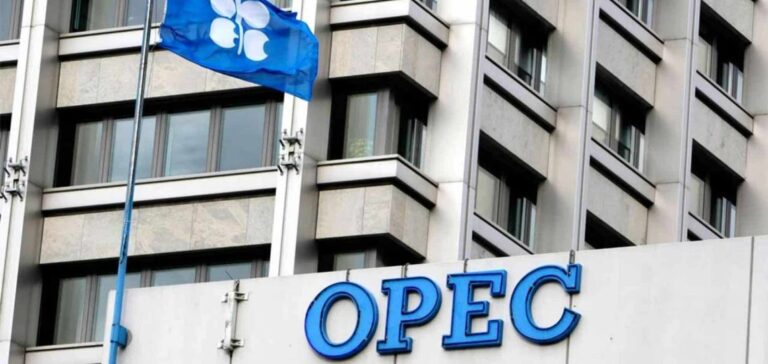The Organization of the Petroleum Exporting Countries (OPEC) has maintained its forecast for global oil demand growth for 2025 and 2026 in its latest monthly report. Consumption is expected to reach 105.2 million barrels per day in 2025, compared to 103.75 million barrels per day in 2024. This increase is primarily driven by strong air and road transport demand, as well as growth in the industrial, construction, and agricultural sectors.
Demand driven by Asia and the Middle East
The bulk of this increase, about 1.3 million barrels per day, is expected to come from China, other Asian countries, and India. The Middle East and Latin America would also contribute significantly to this growth. OPEC anticipates a similar trend for 2026, with demand increasing by 1.4 million barrels per day, mainly outside the member countries of the Organization for Economic Co-operation and Development (OECD). Global consumption would then reach 106.6 million barrels per day.
OPEC+ production and adjustments
In February, production from OPEC member countries and their allies within OPEC+ increased by 363,000 barrels per day, reaching 41 million barrels per day. This change is part of a gradual revision of the group’s production policy, which foresees a phased easing of voluntary cuts starting in April.
An initial tranche of 2.2 million daily barrels, previously removed from the market, will be gradually reintroduced. The increase will follow a pace of 120,000 additional barrels per day each month for 18 months. This decision comes amid price volatility and concerns about the balance between supply and demand.
Impact on oil markets
Oil markets are reacting to these adjustments, with the price per barrel currently fluctuating around 70 euros. This trend is influenced by economic uncertainties, particularly in the United States, as well as a perceived oversupply compared to a demand in the process of realignment.






















